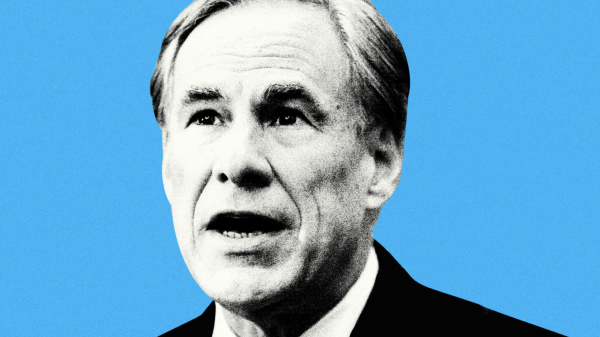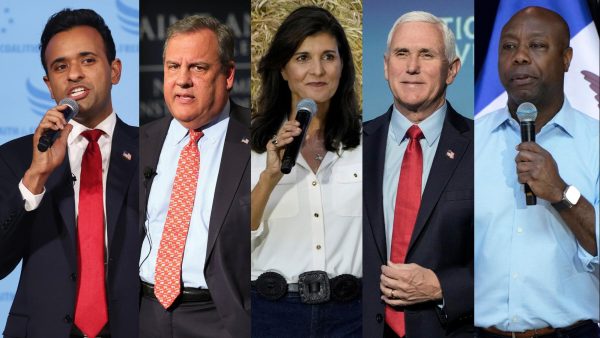A Step Towards Peace or Pandemonium: President Trump’s Jerusalem Solution
January 13, 2018
Peace: the freedom from disturbance; quiet and tranquility [1]. Since the formation of Israel in the 1940s, Jerusalem has been disputed by Jewish Israelis and Muslim Palestinians because of its holy significance for both groups. Past American Presidents have remained neutral on the subject of which nation has the rights to Jerusalem, which is not recognized internationally as the capital of either Palestine or Israel. But not President Donald Trump. In a bold move to recognize Jerusalem as Israel’s capital, the president announced plans to relocate the U.S. Embassy on Wednesday, December 6th. On December 18th, the United Nations vetoed Trump’s resolution with the Jerusalem decision. Although many Jewish citizens throughout Israel took delight in Trump’s plans, many angry Palestinians took to the streets in protest. With tensions high and many detesting the decision, the question pertains to whether Trump’s moving of the U.S. Embassy from Tel Aviv to Jerusalem will help the Middle East peace process with the U.S., or whether it will diminish any hope of peace.
Following the Holocaust in World War II, many European Jews were left without any belongings or property due to the war’s destruction. Although many Jewish people had been migrating to Jerusalem years before the second world war, the Palestinians resented the Jewish presence in what would be most of the city’s population. When the Jewish People’s Council declared the establishment of a Jewish State in the State of Israel in 1948, war broke loose between the Jews and Muslims. President Truman and Soviet Union leader Josef Stalin both recognized Israel as a state, but the Arab League members of Egypt, Transjordan, Syria, Lebanon, and Iraq refused to accept the UN partition plan. They proclaimed the right of self-determination for all the Arabs across Palestine, and later marched forces into what had been the British Mandate for Palestine to start the first Arab-Israeli War. Following the Arab-Israeli War of 1948-49, there would be four more military conflicts between the two groups.
In modern day, both the Palestinians and Israelis claim the city of Jerusalem to be their political capitals as the city contains religious sites for both Muslims and Jews. The Jewish Quarter of Jerusalem is home to Kotel, or the Western Wall, a piece left from the mount on which their Holy Temple once stood. Jewish people believe that this site was the location of the foundation stone from which the world was created, and where Abraham prepared to sacrifice his son Isaac before an angel stopped him. Jewish people from all over the world visit the Western Wall to pray and fixate to their heritage, especially during the High Holidays.
The Muslim Quarter of Jerusalem has the shrine of the Dome of Rock, containing the foundation stone. It is believed by Muslims that Muhammad ascended to heaven at that very spot. Also in the city is the al-Aqsa Mosque on a plateau known to Islam as Haram al-Sharif, or the Noble Sanctuary. The mosque holds significance as it is the third holiest site in Islam; Muslims “believe that Prophet Muhammad travelled here from Mecca during his night journey and prayed with the souls of all the prophets” [2]. Hundreds of thousands of Muslims visit the mosque to pray during the holy month of Ramadan.
The Arabic population throughout the Middle East was especially dissatisfied with the moving of the U.S. Embassy. Following President Trump’s declaration, protests erupted throughout countries such as Jordan, Turkey, Malaysia, Pakistan, Lebanon, Egypt, Indonesia, Morocco, and the Palestinian territories. Student Peyton Collins-Horn ‘20 added that “Palestine still believes that East Jerusalem is their capital, so I don’t believe that they are going to stop protesting.” Some 5,000 Indonesians protested by gathering outside the US embassy in the world’s most populous Muslim country. In Cairo, students and professors demonstrated at Al-Azhar University as pictures were posted on social media to show several hundred protesters. Turkish President Recep Tayyip Erdogan lashed out on Trump and Israel by calling the country a “terrorist state” that “kills children.” Many fear that the President’s decision will only cause more violence and turbulence in a Middle East that has been plagued by instability. Senior Shane Tupler ’18 asserted that “if the recent outbursts of violence in Palestine are any indication, then it [Trump’s decision] is a step away from peace, and could further destabilize the region.”
On the other hand, supporters of the president’s decision have praised the moving of the U.S. embassy to Jerusalem in claiming that he has fulfilled a campaign promise that other presidents have failed to keep. After the U.N. vetoed Trump’s resolution, United States Ambassador to the United Nations Nikki Haley stated that the idea that the United States is interfering with peace policies is not troubling Americans, whereas the U.S. “in fact, has done no such thing. Rather, what is troublesome to some people is that the United States had the courage and honesty to recognize a fundamental reality. Jerusalem has been the political, cultural, and spiritual homeland of the Jewish people for thousands of years. They have had no other capital city” [3]. In saying this, Haley fully dismissed the Palestinian leaders’ dismay towards the president and later vetoed the UN Resolution demanding that President Trump rescind his declaration.
Overall, President Trump’s decision to move the U.S. Embassy to Jerusalem in recognizing it as the capital of Israel is considered controversial by some. But it does highlight the fact that this current president has an audacity no other president has shown before in dealing with the Israel-Palestine conflict. Although a new surge of violence has erupted in the Middle East, this is hardly a novel circumstance in the region. Only time can tell whether the President’s commitment to the state of Israel will improve the Middle East peace process or not.





Lauren P • Feb 26, 2018 at 11:58 am
I thought this was a very interesting article! I appreciated all of the historical context that you provided in your argument.